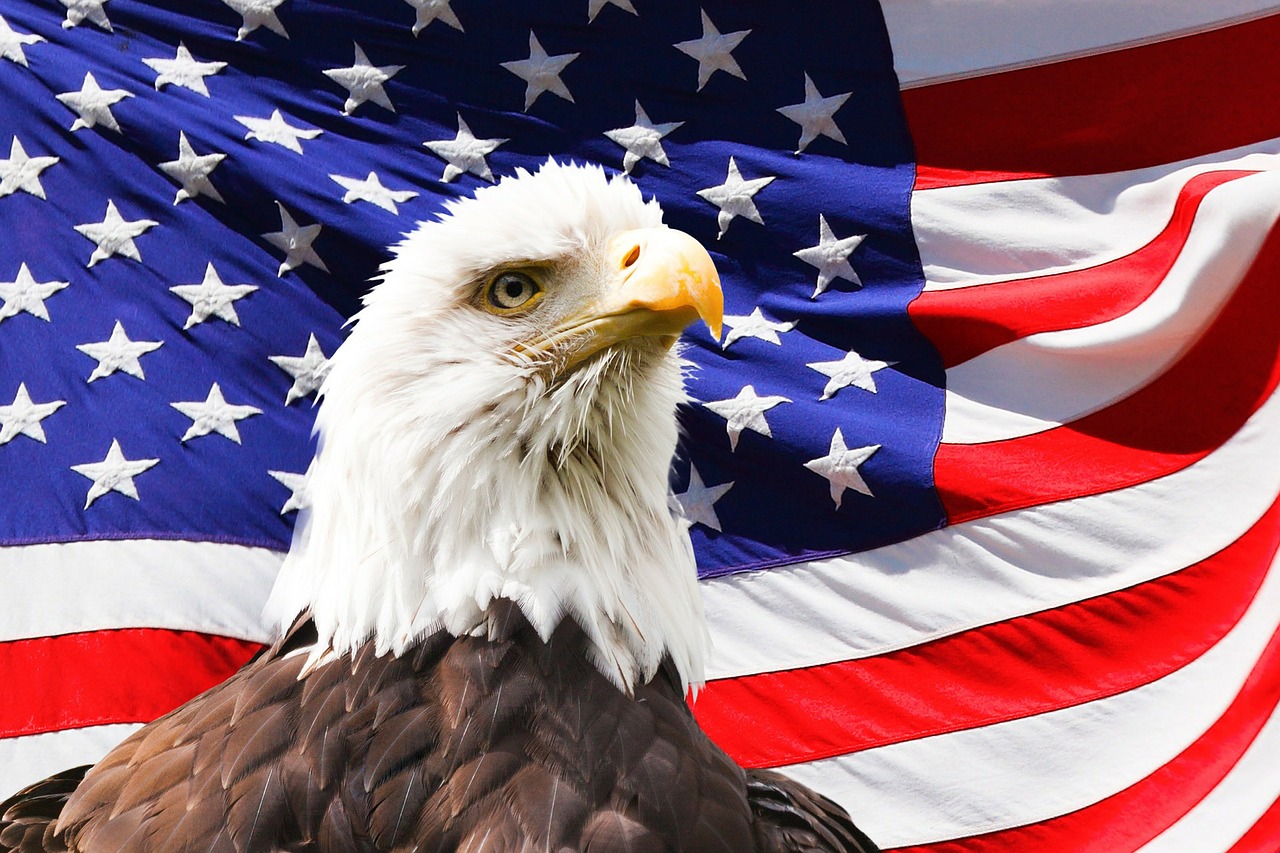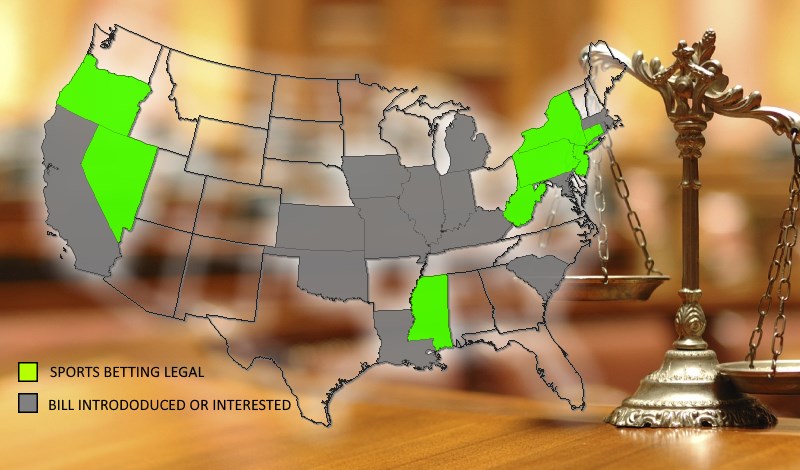There is a draft of a federal US Betting bill on sports betting on the federal level that exists. If passed, this will allow the Attorney General to veto any legislation of sports betting made in the state level. In addition, the bill can also make bookies use league-supplied data only for their betting operations.
This bill is the first major legislation that will try to put sports betting control back in the hands of the federal government. The decisions on the legalization and regulation of sports betting has been under state policy. This is ever since PASPA was struck down by the Supreme Court in May.
US Betting Future
This bill may change or affect any current gambling policy across the country. It comes from the office of Senator Orrin Hatch. On his side are Rep. Jim Sensenbrenner, and Rep. Chuck Schumer. Of course, many gambling industry news experts are not too worried, mainly because the senator is set to retire from office, and other party concerns may prevent Republicans from pushing for the passing of the bill.
The best pph sportsbook experts will, of course, continue to profit despite any similar measure, since they operate on an international level. But for local and land-based operators, this may be a problem. Especially since the bill proposes that sports betting legislation from all states needs approval from the US Attorney General. Under the bill, the AG will have 180 days to consider any proposal. In addition, the AG will have the ability to veto any legislation based on standards. When approved, states will have to apply for a renewal every 3 years as well.
What is puzzling, however, is that there is no mention of current policies. Such as retroactively dealing with states who currently have their own sports betting policies in place. There are other terms that are being discussed in the bill. Such as the usage of league-supplied data. Plus a nonprofit sports wagering clearinghouse, which is a registry that monitors for suspicious betting. It also requires cooperation with any and all investigations of suspicious transactions. There is also, of course, talk of a 0.25% tax from the wager handle which will now be a wagering trust fund.




